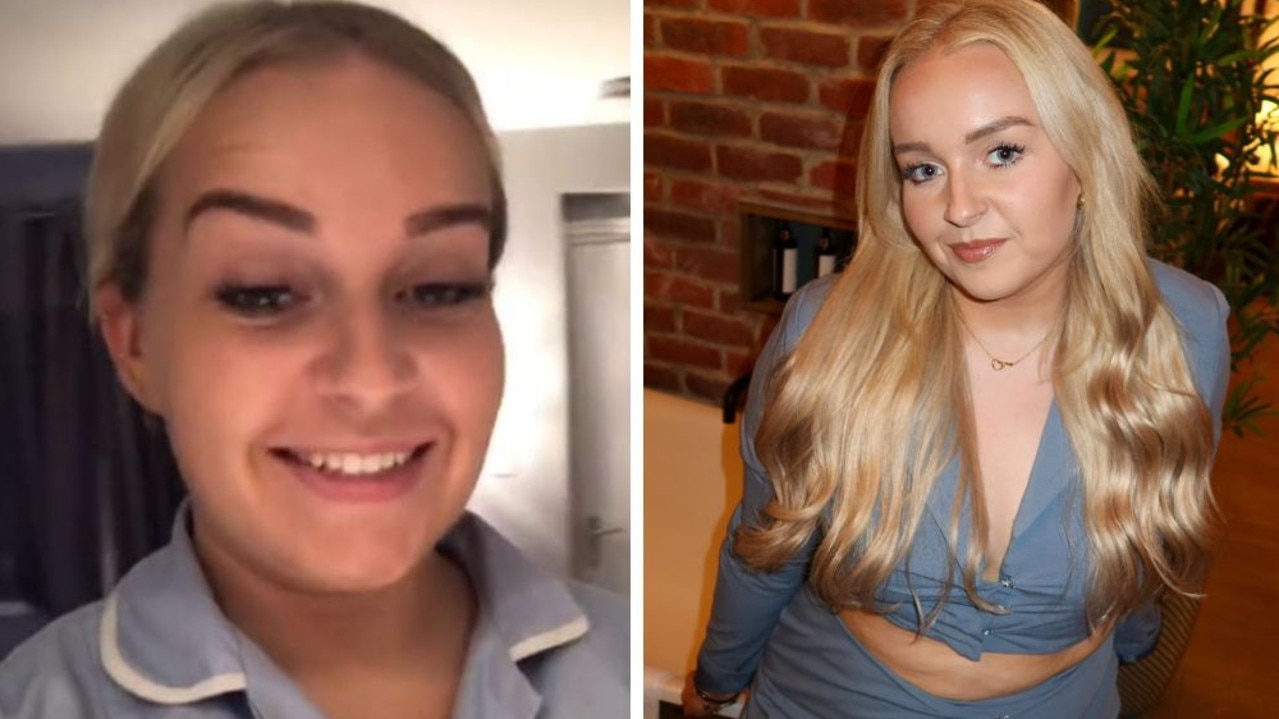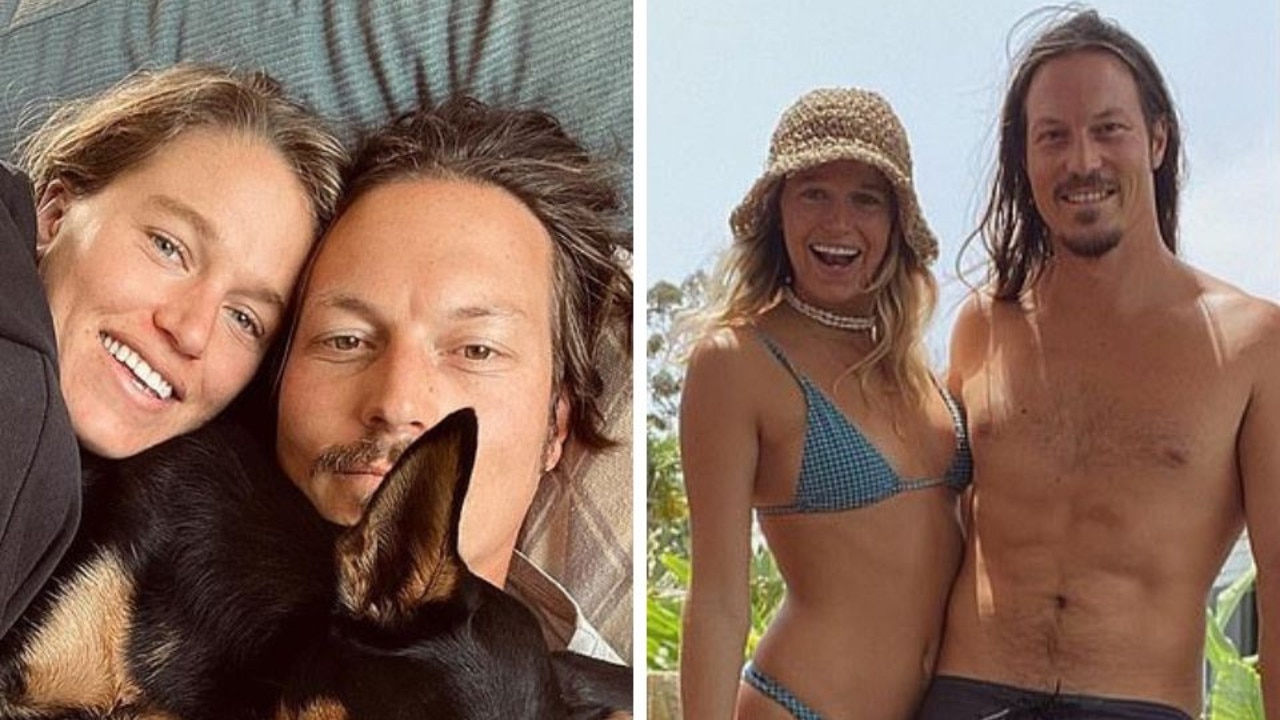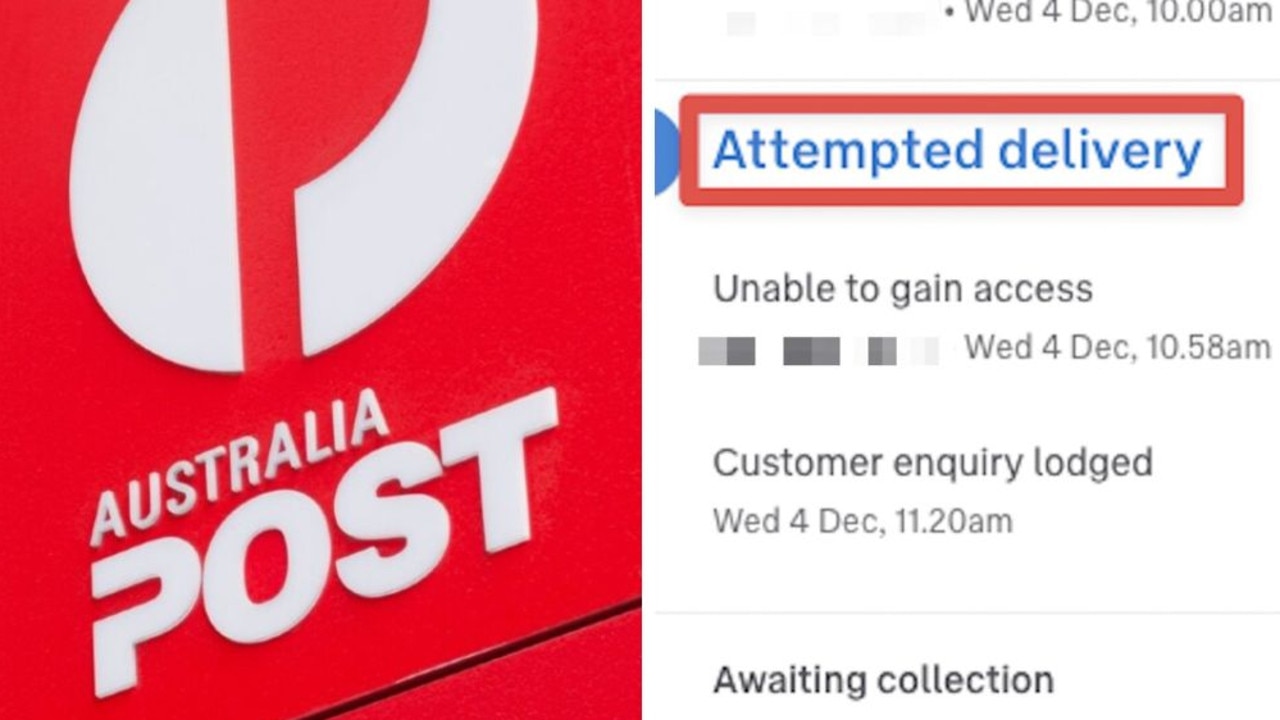Australian woman reveals topless photo nightmare on the Project
An Australian personal trainer has shared unsettling allegations that she was secretly photographed while topless – and couldn’t do anything about it.
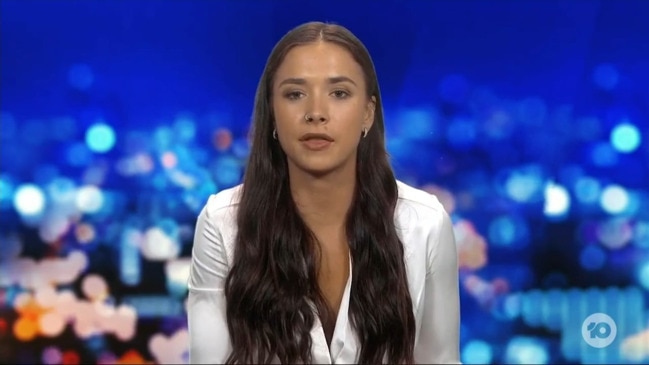
A Sydney woman revealed the hell she’d endured over a topless photo while speaking on Sunday night’s edition of The Project.
Lily Cook, a personal trainer, said she was enjoying a day at the beach with her sister a couple of weeks ago when someone allegedly photographed her.
Later that night, she found photos of herself sunbathing topless had been shared without her permission on Instagram and a group chat.
“I felt violated at the time,” Ms Cook said on The Project, after her story was originally told to The Sunday Telegraph.
“Then what furthered that was when I questioned these people and asked them why they’d done it, and if they can stop sharing it, I was made to feel small and gaslit into thinking it was in a public place and it wasn’t taken of me with any malicious intent, even though it had been distributed later.”
She said she knew the people she alleges took and distributed the photos, but had no idea they were being taken at the time.
When she went to the police, she said, they were unable to do anything.
“They (police) were good at the time … they took it very seriously however what was the issue was that the laws in play at the moment, it’s really hard for them to charge someone on this because it was a public place,” she said.
“Because the person that took the photo just said it was of a public place and the person that distributed it refused to make a statement, we were just caught in the crossfire, there was just nothing that we could do.
“So I was just disappointed at the way it turned out and made to feel like it wasn’t really an issue.
Lily Cook was told police couldn't do anything after intimate photos were distributed of her sunbathing because they'd been taken in a public setting. Now she's speaking out to help change the laws around image-based abuse.#TheProjectTVpic.twitter.com/kpQT3MCqRI
— The Project (@theprojecttv) November 27, 2022
“I even had the detective on the phone saying, ‘I’m sorry, I just can’t charge someone for being a creep.’ There need to be laws that are much more current with social media that allows us to investigate further at the time of these things happening so that we can stop them.
“It’s also scary not to know where those photos have gone or who has received them.”


Currently, it’s generally legal to take images of people in public places on the beach.
Julie Inman Grant, E-Safety Commissioner, said: “It’s not illegal for a person to take a photograph at a topless beach. It certainly is creepy and wrong and frankly gross. It’s quite a grey area of the law.
“It can be quite traumatising to a person because you don’t know where the image has gone, you don’t know who has seen it. Have your colleagues at work seen it, has your mother and father seen it?”
NSW Police said in a statement that distributing images without consent can have a serious impact on a person’s health and wellbeing and can lead to criminal action.
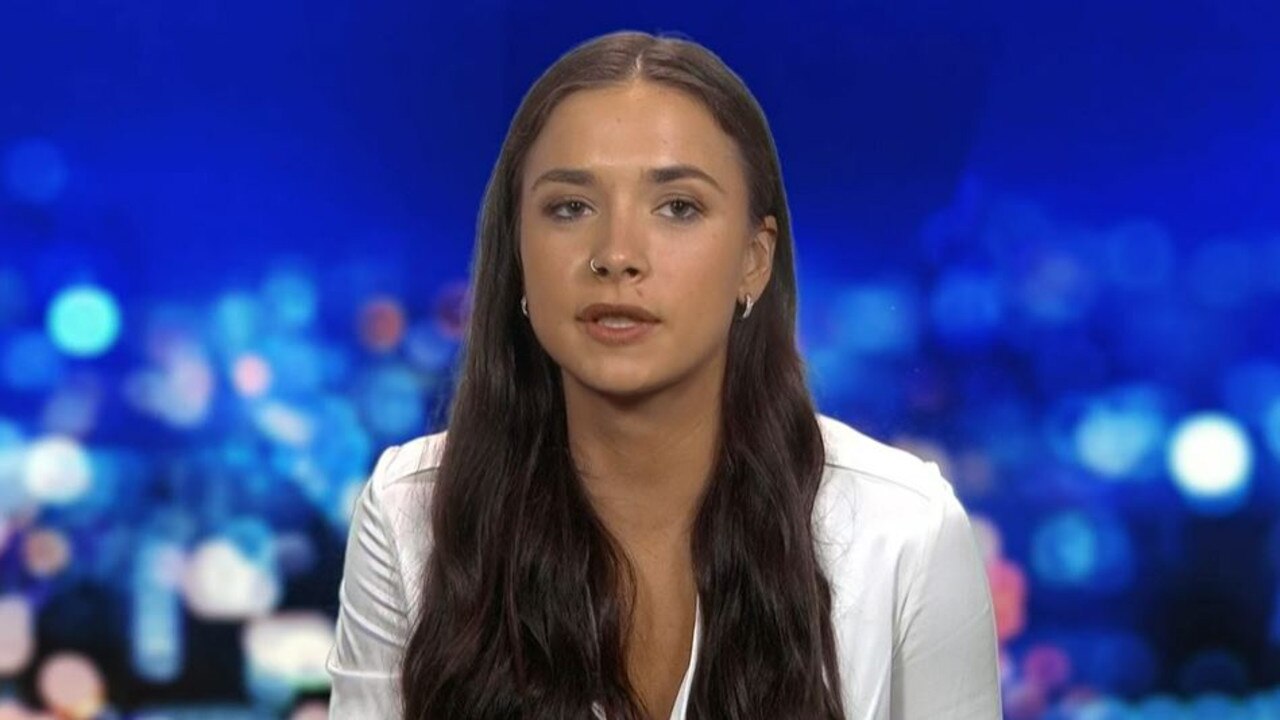
Chantel Contos, Teachus Consent founder, said: “What happened to Lily was a violation of her body autonomy and consent, that photo was explicitly sexual in nature although her intentions at the beach were not sexual in nature … It’s image based abuse”.
The Project hosts fired up about the issue, sympathising with Lily’s situation.
“Someone has done it with the intent of shaming her and making her feel small and to embarrass her, that’s the issue here,” Bridget Hustwaite said.
While Hamish MacDonald said: “There seem to be so many scenarios though whether we’re talking about this instance or others, mostly involving social media, where we don’t seem to have the mechanisms in place to respond.”
And Rachel Corbett commented: “The technology has far outpaced legislation so it leaves people in a situation where they are feeling a certain way because behaviour is being done to them but they can’t do anything about tit.”
Hamish then also pointed out tech companies turn a blind eye to some behaviours.

